Essential Sewing Tools – 5 Smart Investments That Matter
Essential Sewing Tools & Supplies- 5 Smart Investments That Matter
Many beginner sewists often feel overwhelmed and frustrated when trying to determine what tools and supplies they actually need. Should they buy what is recommended in a specific pattern or could they use something they already own and achieve the same results? Is color coordinated thread that important? Do you really need multiple pairs of scissors?
Knowing what you will actually need and use vs. buying and keeping on hand ‘just in case you need it’ is half the battle. To help beginner sewists avoid unnecessary clutter in their sewing rooms, I’ve compiled a list of Essential Sewing Tools almost every tailor/seamstress/sewist/quilter uses. With inflation affecting almost every product, it’s extremely important to know what to buy and when to pass. Here are my suggestions for what you should invest in as a beginner sewist.
Essential Sewing Tools & Supplies– Thread

It’s very easy to buy unwanted and unnecessary thread especially when it’s on sale. Many sewists believe it’s important to have a large assortment of thread ‘just in case’ they need it for a future project, but that isn’t the case. Talk to a professional seamstress or tailor and they will probably advise you to stick with the basic colors (white, black, navy, brown, khaki, ivory, medium shade of green) since those are the ones you will use most often.
After sewing professionally for over 25 years, I agree. My studio is filled with many spools and cones of thread that I used for specific custom projects that will never be used again or I thought would be a good color to keep on hand. Sadly, all this extra thread takes up space that could be better utilized with something else. When starting out, I recommend buying these essential sewing tools:
- a basic color thread assortment (no more than 12 colors)
- 1 or 2 neutral colored buttonhole threads
- If using an overlock/serger just white/tan/black thread cones
Generally speaking, the only time you really need color matching thread is for topstitching—this is when your thread is visible. Almost every other seam can be sewn with a ‘close’ match since it isn’t visible.
Essential Sewing Tools & Supplies — Rulers

Rulers and measuring devices are produced in a wide array of sizes and styles and Essential Sewing Tools. Knowing which ones to invest in can be confusing given the wide array of available styles and options. For instance, if you talk with a serious quilter, you would probably be amazed with the number of rulers they own. So, how do you know which rulers you should buy? Start with the basics:
- a yard stick with clearly marked numbers
- a measuring tape (again, make sure it is easy to read)
- 6” hem gauge with 1/8” markings that are easy to see
- If you will be doing any piecework, just a simple 6” x 24” gridded ruler
You can always add to your ruler collection when a need arises.
Essential Sewing Tools & Supplies — Marking Instruments

Many sewists start with easy-to-follow patterns and sewing projects that generally require minimal marking, so it isn’t necessary to invest a lot of money in expensive marking tools or essential sewing tools. Instead, stick with the basics.
- Tailor’s chalk in white and 1 other color (like blue) that show up on light and dark fabrics
- (2) Disappearing ink pens; 1 light and 1 dark color
These marking pens dry out over time and will need replaced periodically, so it’s important to only buy them as you intend to use them.
Essential Sewing Tools & Supplies — Presser Feet

This may not be something beginner’s think about, but when you are learning to sew, it can be overwhelming at the number of presser feet available for sewing machines. Thankfully, most sewing machine manufacturers provide a few basic and most often used presser feet with every sewing machine sold. Those presser feet bundles usually include:
- Universal Straight/zig zag stitch foot (this is the one often attached to the machine when you purchase it)
- Buttonhole foot
- Blind hem foot
- Zipper foot
- Cording foot
- Open toe foot
- Overlock foot

There are literally hundreds of different presser feet on the market designed for specific sewing stitches but unless you intend to use those stitches, it isn’t necessary to buy those presser feet. It’s best to stick with the presser feet you will actually need and use. Build out your collection on an as needed basis. Also, it’s important to mention that presser feet are not universally interchangeable.
Every brand of sewing machine has its own specific design. In some instances, presser feet of a specific brand are not always interchangeable with all sewing machine models under that brand. If you are just starting out with an older machine and are considering upgrading to a newer model when your finances permit, keep in mind that you may need to purchase new specialty presser feet when you upgrade your essential sewing tools.
Essential Sewing Tools & Supplies — Frequently Used Sewing Tools

This may seem like an odd thing to add to a list of ‘must have’s but it includes items that are often forgotten or overlooked. Here are some tools every sewist needs:
- Good seam ripper (I would recommend having 2 seam rippers– one for small stitches and a heavier one for fabric like denim)
- Hand sewing needles
- Extra bobbins for the sewing machine
- Sewing machine oil
- Cleaning brushes for your sewing machine
- Extra pack of multi sized universal sewing machine needles
- Sharp straight pins
- Dressmaker shears (either an 8” or 9” size)
- Thread snips
- Paper or craft scissors
- Good Iron with multi heat settings
- Pin holder
- Box to hold and organize your sewing tools
Hopefully this list of sewing tools and supplies will help you when deciding where to invest your money when learning how to sew. Remember, there are MANY helpful tools on the market but unless you use them, they simply aren’t worth the investment.
Additional Resource Blog Posts:
Understanding the different styles of scissors.
8 Amazing Sewing Marking tools every sewist should know.
If you need help selecting essential pressing tools and would like pressing tips, check out this blog post.
If you have any questions, please leave them in the comments below.
Please note: This article does contain affiliate links.
We are a participant in the Amazon Services LLC Associates Program and its affiliate advertising programs which are designed to provide a means for us to earn fees by linking to Amazon.com and its affiliated sites.
There is no additional cost to you when you make a purchase through any of my affiliate links. Please consider supporting this blog.
CHRISTINE WARREN
Sewing isn’t just my job, it’s my passion. I’ve enjoyed sewing and needle working since I was very young.
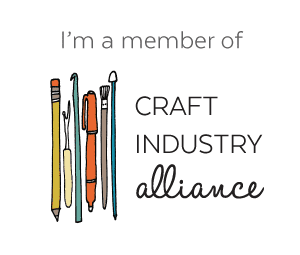
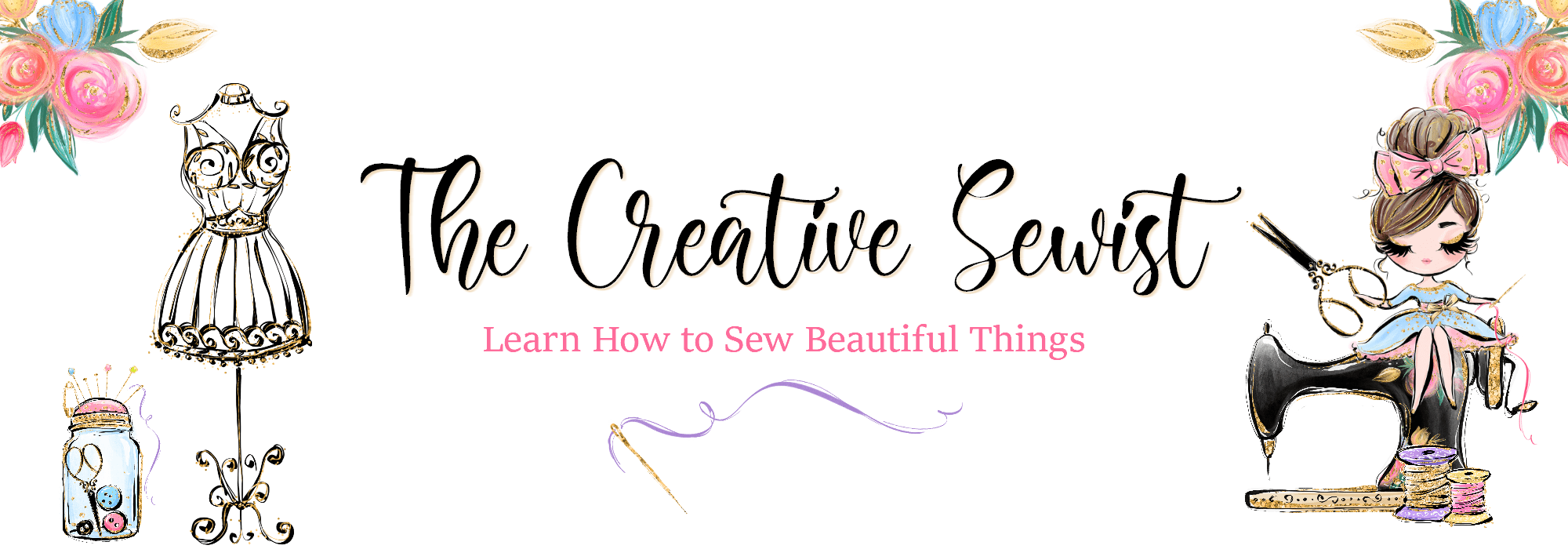
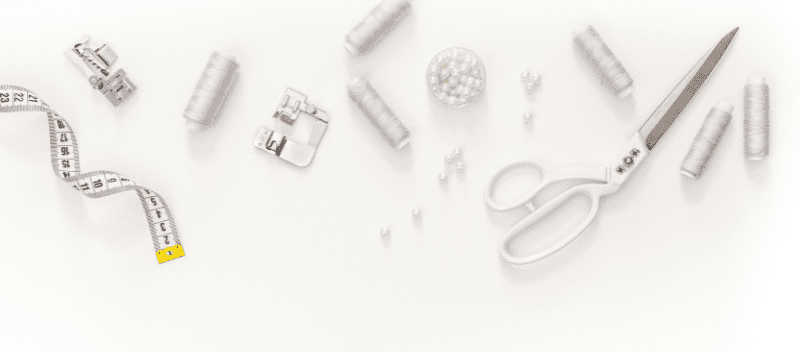
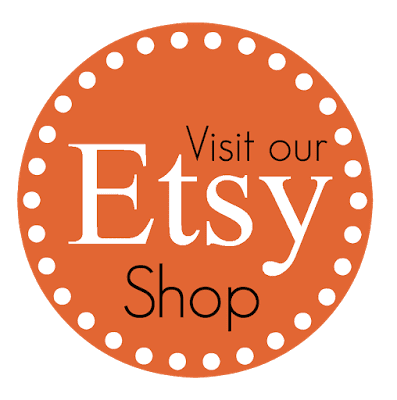



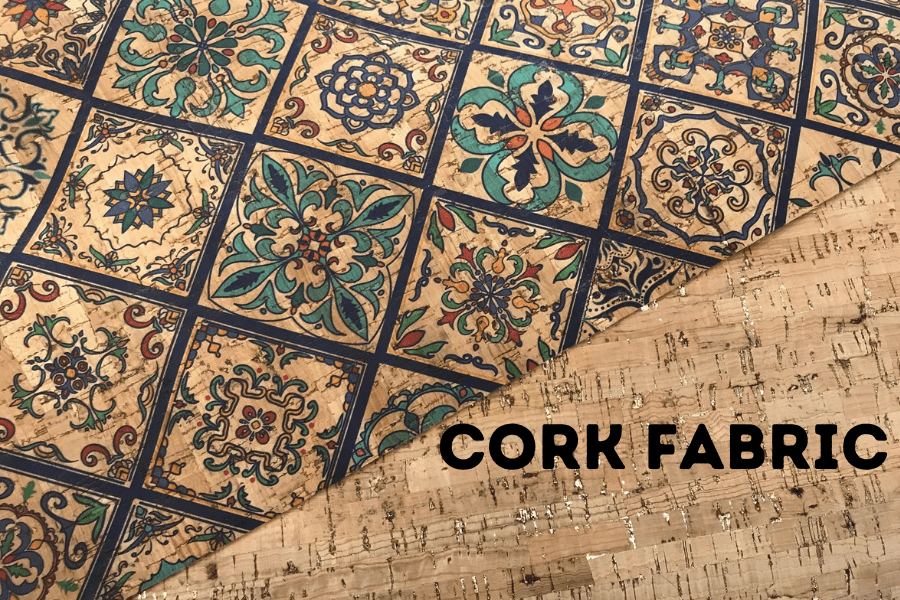

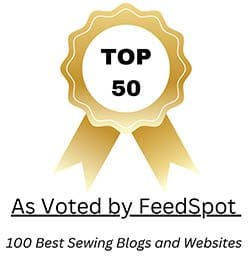
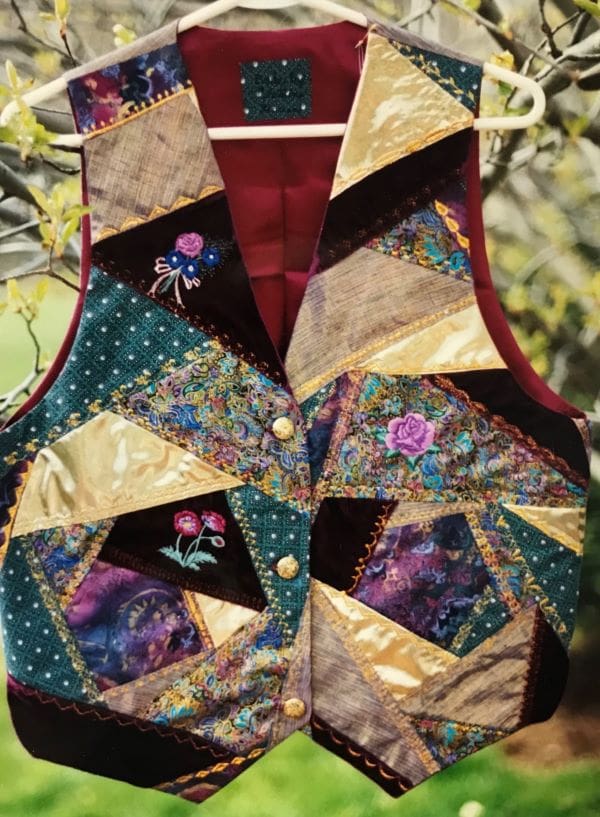

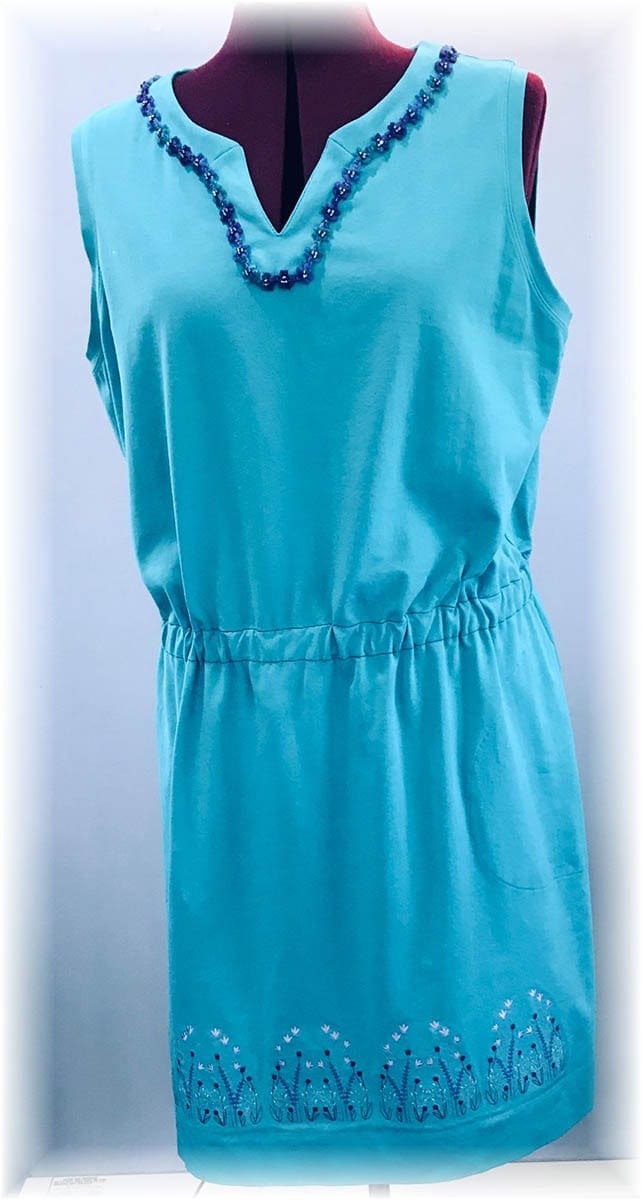
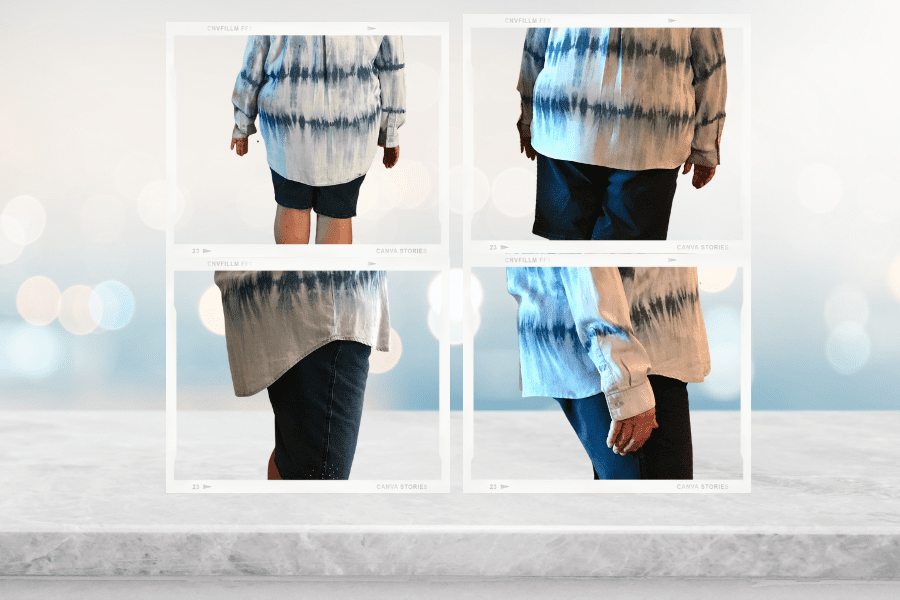


This article guides beginner sewists, emphasizing the importance of thoughtful investments in essential sewing tools. The advice to start with a basic thread assortment, simple rulers, and cost-effective marking instruments is practical and budget-friendly. The mention of presser feet compatibility is helpful for those upgrading machines. Overall, it is a concise and informative read for sewing enthusiasts.